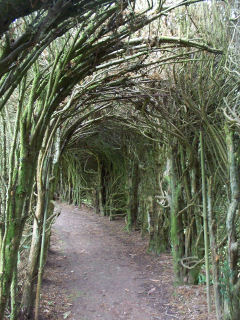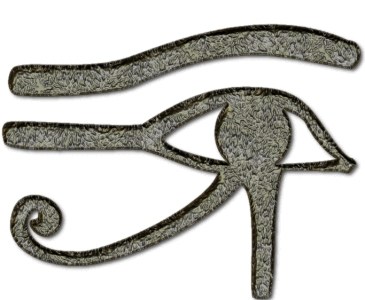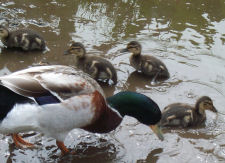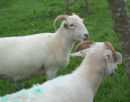Text
| Key words (below) |
| Text as a term from semiotics (below) |
| Text as a term in media & cultural studies (below) |
| Radio-as-text (below) |
| Glossary (to another page) |

Key words: text, context, intertextuality, genre, discourse, authorship, oeuvre
|
We begin with the concept of a radio drama play as a text (semiotics). Text opens out other concerns - the context in which it was made, the context in which it functions. And what are the other texts to which this relates (genre, intertextuality)? And the author (playwright)? Text - as part of a theory system - originates from semiotics. Text is used across cultural and media studies for everything we 'read' - both in the Lifeworld (we live in), and in fictionalised representation (radio play, novel, poem, radio drama, painting, cybertext, TV programme etc.).
Text as a term in media & cultural studies RON LEMBO'S SUMMARY DISCUSSION Ron Lembo in Thinking through Television, provides a useful survey discussion (Lembo, 2000, 63-4). He points out that the term text 'enjoys a near universal appeal in cultural studies'. Also 'By conceptualizing television as a text, cultural studies analysts identify the specific and multiple forms that power takes in programming as well as a wide range of interpretive responses in which power is constituted as something meaningful by people.' Lembo refers to Hall (1989, 1975), Brundson (1991), Morley (1994, 1986, 1980), Silverstone (1995), Ang (1985), Radway (1984), Allen (1987). Gripsrud argues against the 'extreme position' taken by John Fiske's 'Moments of television: neither the text nor the audience' (Fiske 1989), where the notion of the text as a carrier of meaning is done away with altogether (Gripsrud, 1995, 9). REFERENCES IN LEMBO (and further) Lembo, Ron, 2000, Thinking through Television, Cambridge: Cambridge University Press. Fiske, John (1989b): 'Moments of television: neither the text nor the audience'. In Ellen Seiter, Hans Borchers, Gabriel Kreutzner & Eva-Maria Warth (Eds.): Remote Control: Television, Audiences and Cultural Power. London: Routledge Fiske, John, 1989, Understanding Popular Culture, Boston: Unwin Hyman. Gripsrud, J., 1995, The Dynasty Years. Hollywood Television and Critical Media Studies. New York and London: Routledge. Morley, David. 1994. Television, Audiences, and Cultural Studies.
New York: Fiske, John. 1987. Television Culture. London: Methuen. Hall, Stuart. 1980. "Cultural Studies: Two Paradigms." Media, Culture, and Society 2, 57-72. Hall, Stuart. 1975. "Television as a Medium and Its Relation to Culture." Stencilled Occasional Paper, Centre for Contemporary Cultural Studies. Birmingham, England. Hall, Stuart, Dorothy Hobson, Andrew Lowe, and Paul Willis,
(eds.). 1980. Culture, Media, Language. London: Hutchinson. Further terms - text/reader relationship
Radio drama as a text Beck, Alan, 2000, 'Playing by ear: new ways of teaching and researching radio drama', Studies in Theatre and Performance online, December 2000
|
|
|







